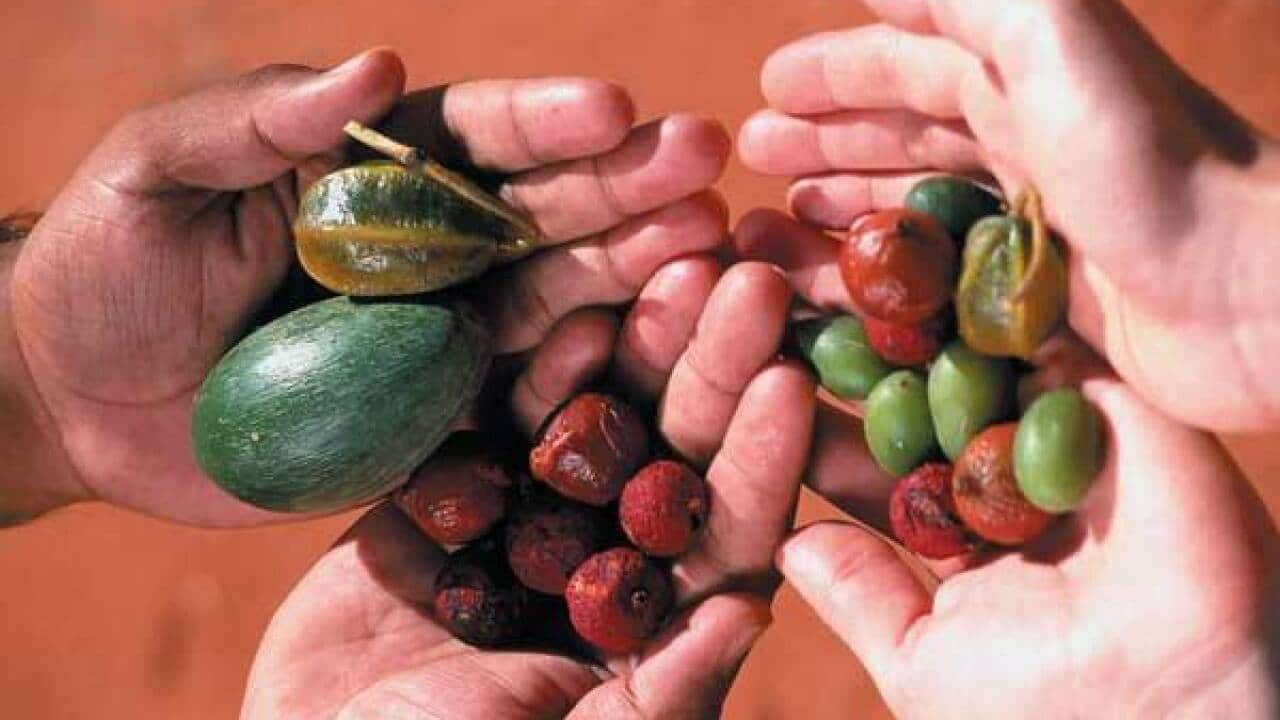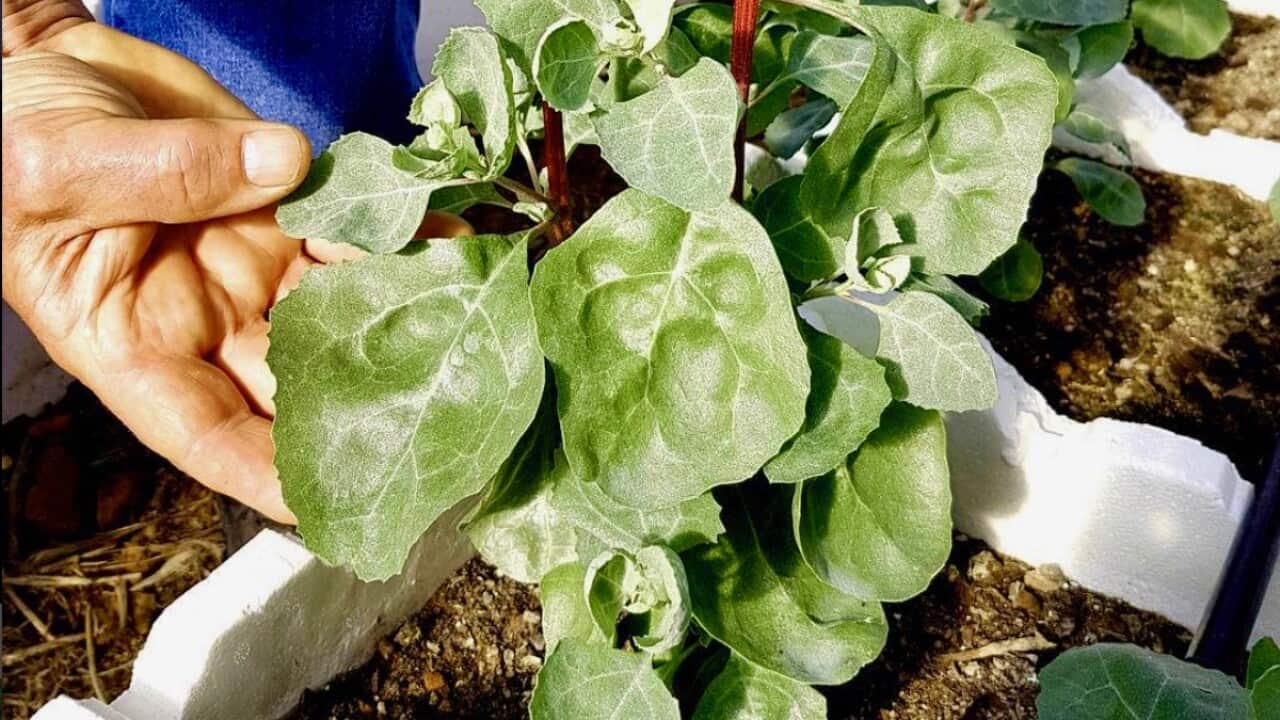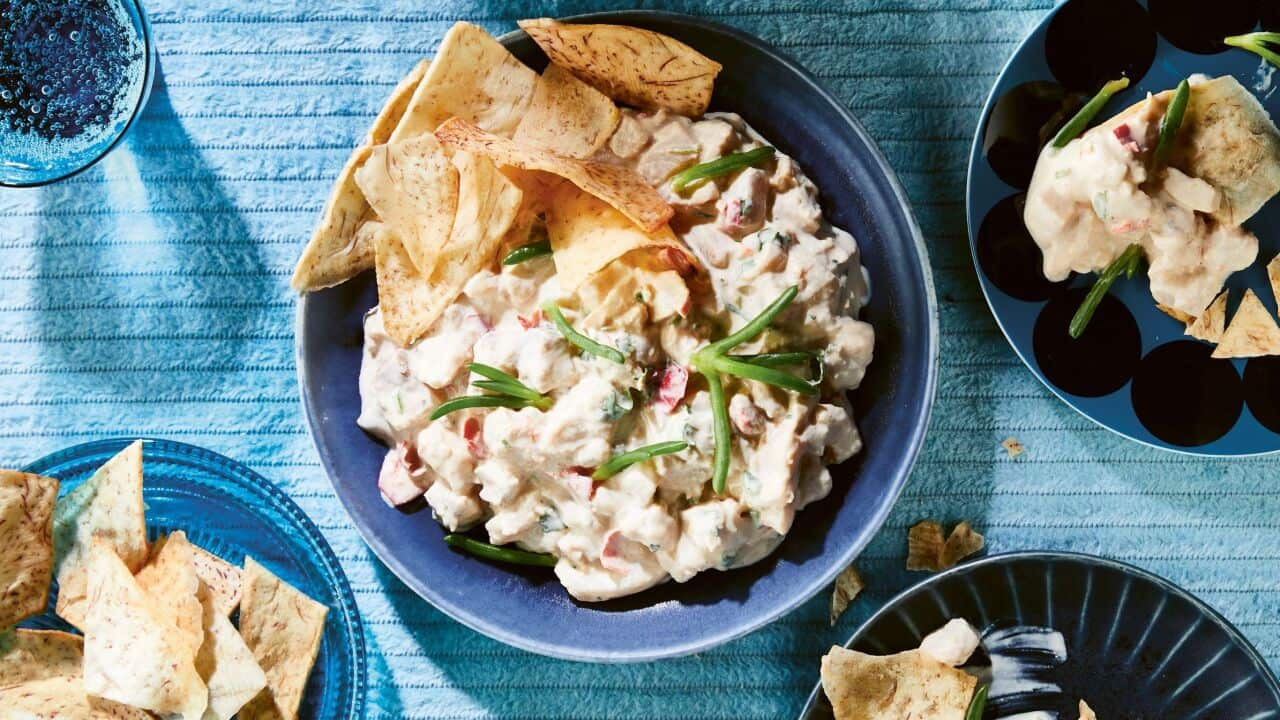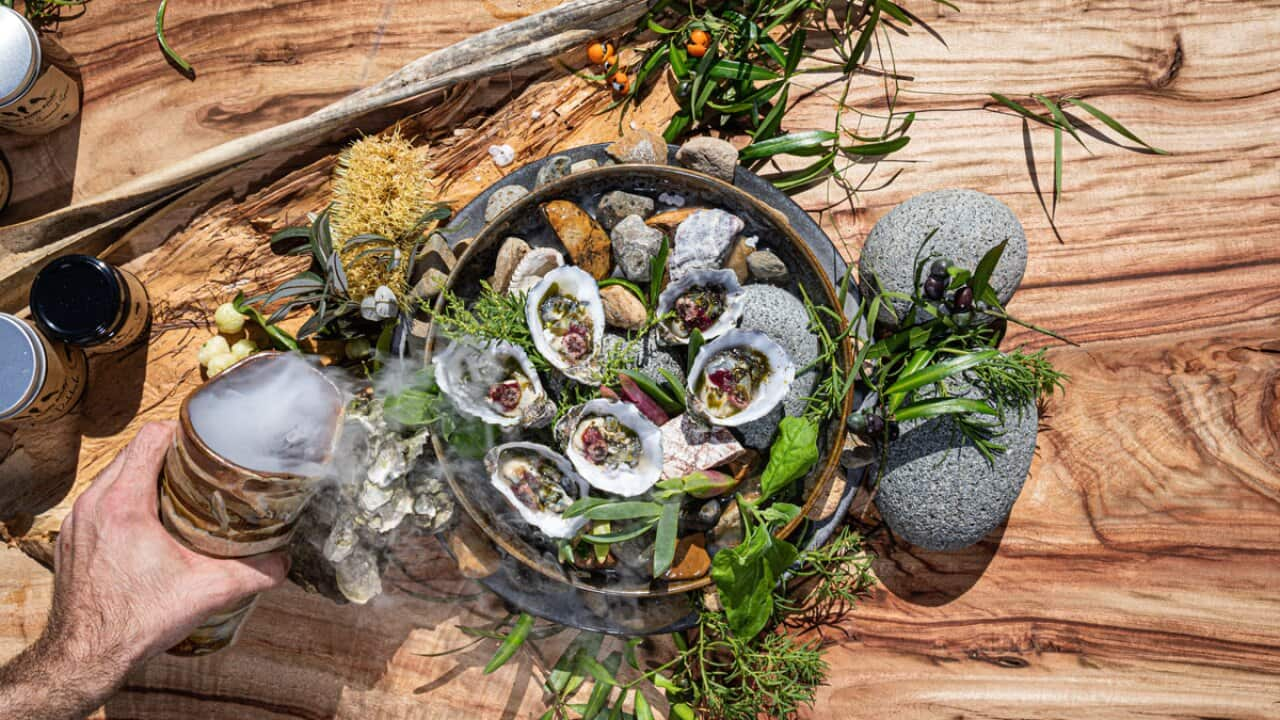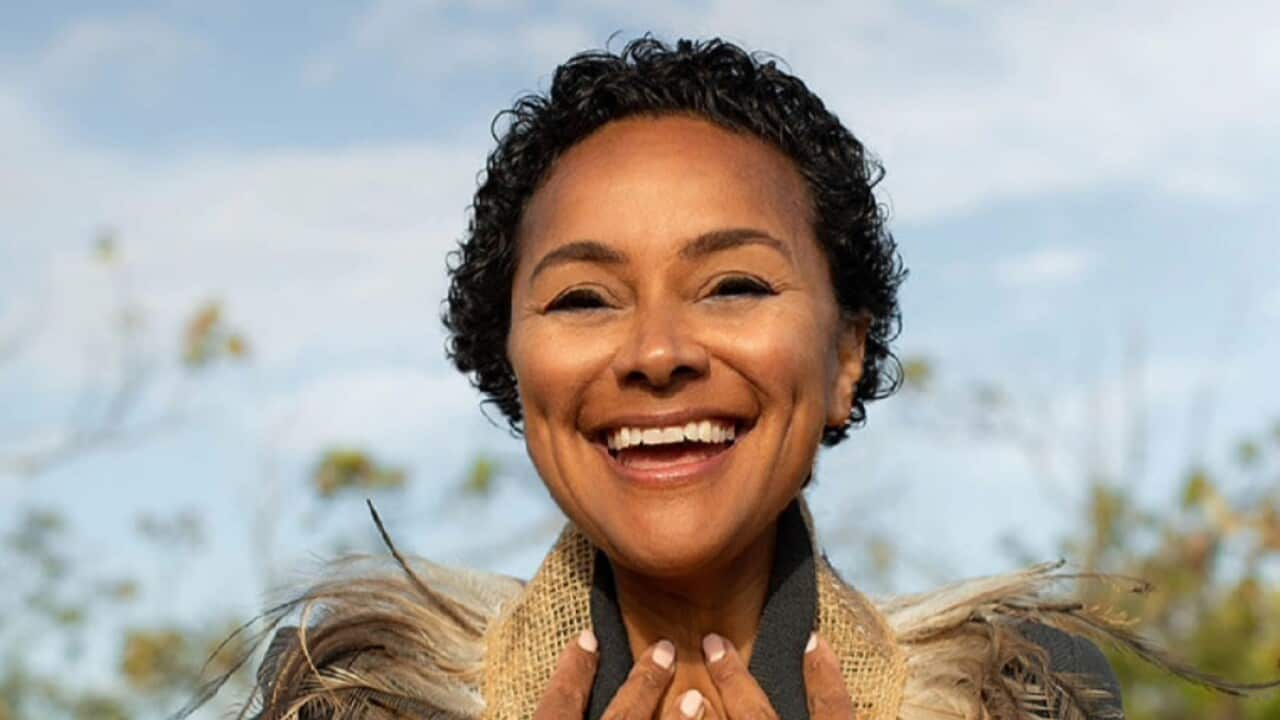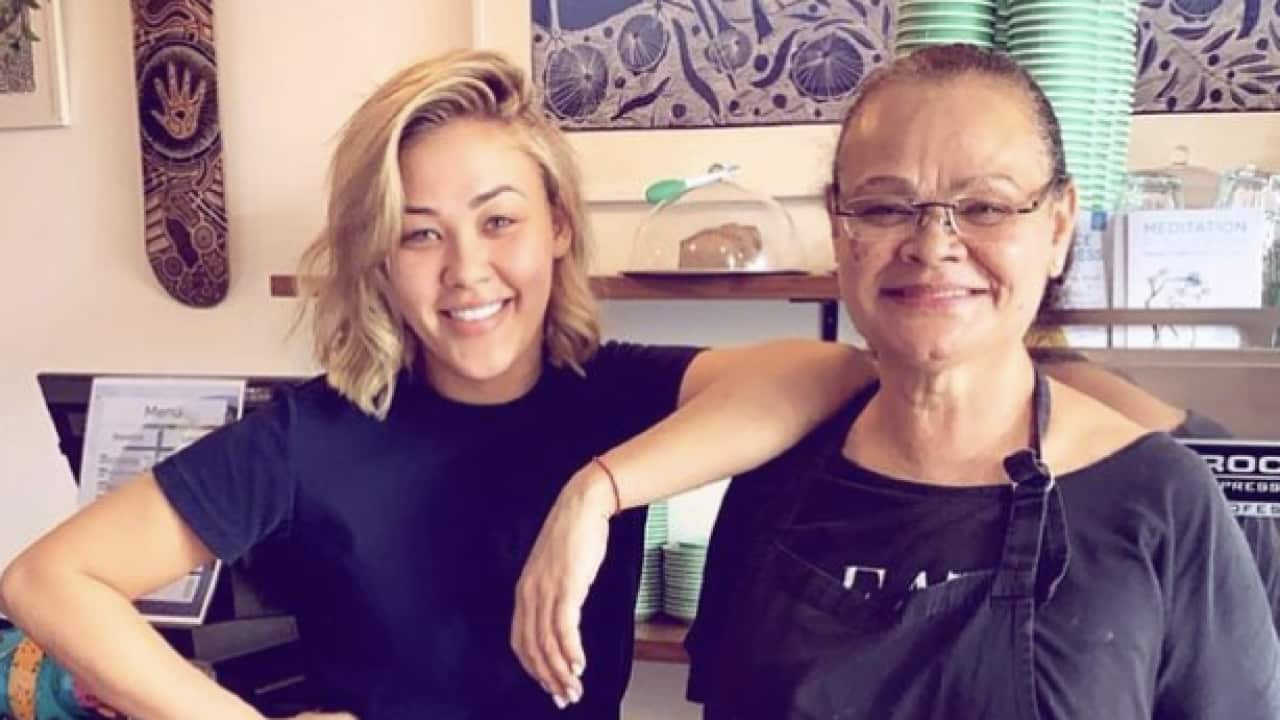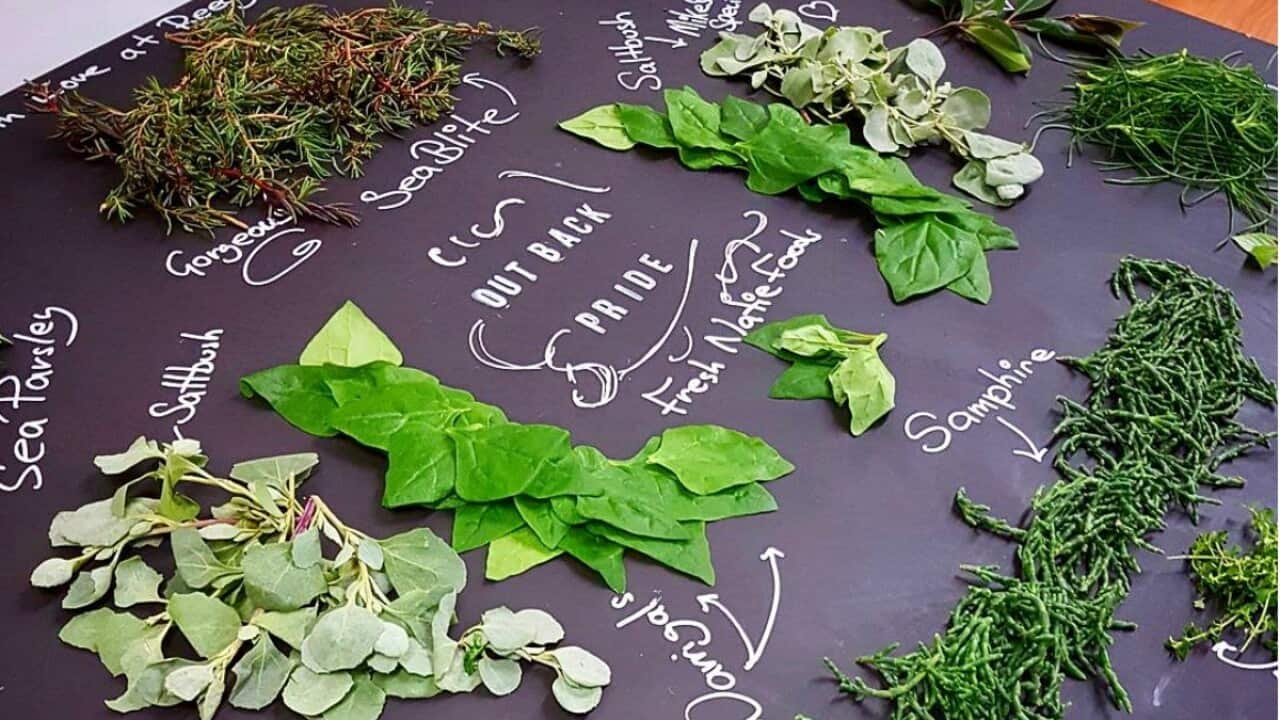Damper with native jam and wattleseed cream. Bush tomato, pumpkin and feta quiches. Orange, lemon myrtle and finger lime cake.
If any of these dishes (or, frankly, all of them) sound enticing to you, then head to at Sydney's Carriageworks this month. As part of the venue's First Nations programming line-up, the pop-up will launch with on 12 November and run alongside on 19 and 20 November.
The pop-up's menu vibrantly celebrates Indigenous ingredients – something its owner has championed for decades. The Ngemba Weilwan woman is known for her wattleseed coffee, and the bush foods she sells through her . Meanwhile, her in Mudgee, four hours north-west of Sydney, has showcased native flavours and cultural knowledge ever since it opened in the spring of 2020. Winsor's work has an empowering effect. Through her Kakadu plum jam, native pepperberry or wild peach chutney, she conveys how bush foods have been skilfully used in Indigenous culture for millennia. Her condiments, brews and spices also help the First Nations communities that source native ingredients for her.
Winsor's work has an empowering effect. Through her Kakadu plum jam, native pepperberry or wild peach chutney, she conveys how bush foods have been skilfully used in Indigenous culture for millennia. Her condiments, brews and spices also help the First Nations communities that source native ingredients for her.

Orange, lemon myrtle and finger lime cake. Source: Jacquie Manning
Another key part of her mission? Showing how Indigenous flavours belong in everyone's kitchen, every day.
"I really want people to see, taste and understand how easy it is to do those kinds of things at home as well. It can be an ongoing thing," says the businesswoman.
I really want people to see, taste and understand how easy it is to do those kinds of things at home as well.
Her kangaroo sliders epitomise this. They take a beloved fast food format, and reimagine it with a native twist. The patty gets a jolt of bush tomato chutney, thanks to the "desert raisin" that appears on its ingredients list.
"The bush tomato chutney is incredibly popular," Winsor says. Especially since it's very accessible and offers "the easiest way for people to start using and enjoying other flavours". Savouring this condiment on a pie or sandwich also aids the Alice Springs communities who wild-harvest the tomatoes, too. Winsor first started selling bush foods at Carriageworks many years ago, at an earlier event, and the relationship has only gotten stronger. She has catered for the venue and, at one stage, she pencilled plans for an Indigenous food festival with Carriageworks until the COVID-19 pandemic put a pause on that idea.
Winsor first started selling bush foods at Carriageworks many years ago, at an earlier event, and the relationship has only gotten stronger. She has catered for the venue and, at one stage, she pencilled plans for an Indigenous food festival with Carriageworks until the COVID-19 pandemic put a pause on that idea.

Bush tomato, pumpkin and feta quiche, served with small salad and bush tomato chutney. Source: Jacquie Manning
So when Winsor was asked to stage this month's pop-up inside the institution's cafe area, she instantly said yes.
Her menu here is designed to be accommodating – with vegetarian and gluten-free options, grab-and-go snacks and meals – so you'll be well-sustained while browsing the works of the 32 Aboriginal artists selected for the market by Arrernte Kalkadoon curator Hetti Perkins and Wiradjuri and Kamilaroi artist Jonathan Jones. It'll also be good fuel if you're heading to PARTY | PROTEST | REMEMBER, which features 50th birthday celebrations for National Black Theatre and a citizen's assembly overseen by Thomas Mayor, the .
Other Indigenous businesses will showcase their offerings at Carriageworks, too, with Dhuwa pouring coffee and Sobah serving non-alcoholic beer (its lemon aspen flavour, incidentally, is a bestseller at her Mudgee cafe).
EMBRACING BUSH FOOD
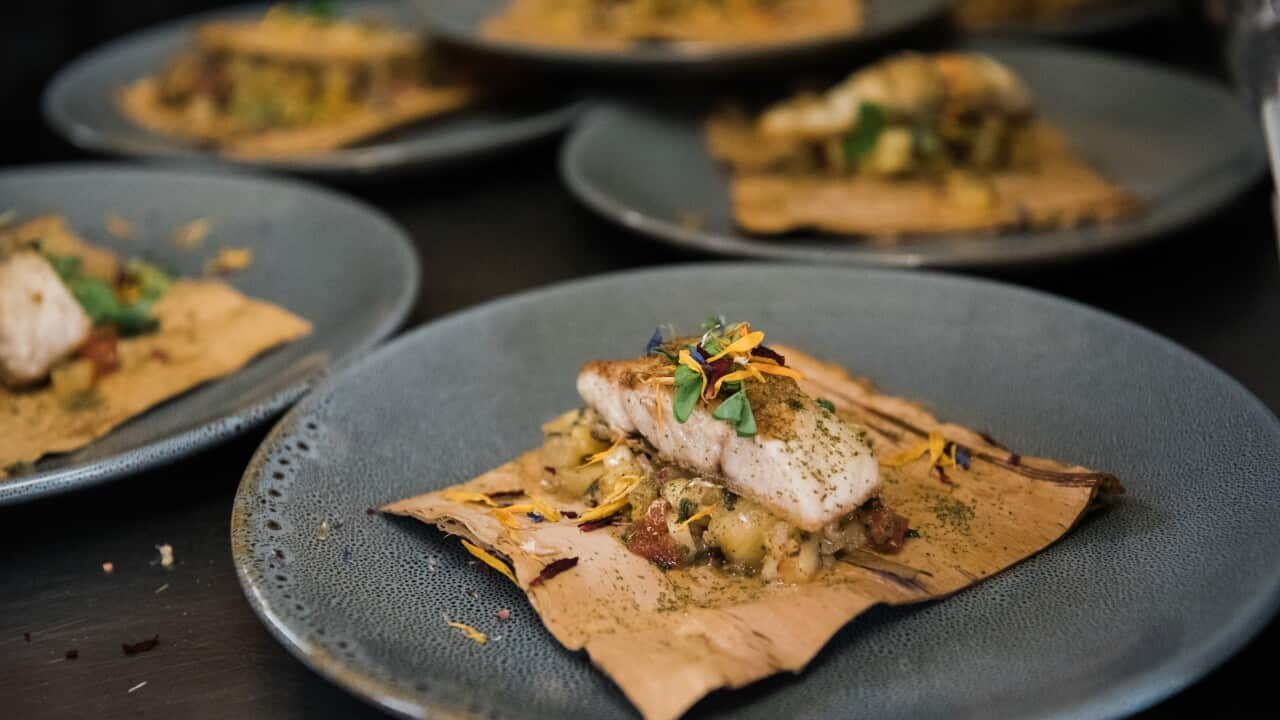
Celebrating Indigenous cultures with bush food and storytelling
When it comes to her own pop-up menu, what does Winsor recommend?
Well, there's the squid dish that's been a big drawcard at her Mudgee eatery for a start.
"I lightly coat it with a mix of lemon myrtle and self-raising flavour so it's lightly crumbed and cooked for only a short period of time, so it's still delicate," she says. Winsor presents it with a balsamic-dressed salad, squeezes finger lime on it and adds citrusy green ants to the plate. "It just adds a new fresh zing," she says. There's also her crocodile salad, which she cooks until it caramelises and is tender to eat. She serves it with a sea vegetable called karkalla. "People may refer to it as beach banana because it looks like little bananas that grow along the side of the beach," she says. "It still has that salty flavour and taste to it. It's nice and crunchy."
There's also her crocodile salad, which she cooks until it caramelises and is tender to eat. She serves it with a sea vegetable called karkalla. "People may refer to it as beach banana because it looks like little bananas that grow along the side of the beach," she says. "It still has that salty flavour and taste to it. It's nice and crunchy."

Sharon Winsor aims to bring more Indigenous dining to Sydney. Source: Jacquie Manning
People may refer to it as beach banana, because it looks like little bananas that grow along the side of the beach.
While setting up a pop-up nearly 300 kilometres from her home base might seem like a headache, the Ngemba Weilwan businesswoman believes it's important to travel that distance – especially as she hopes to stage future Warakirri Dining Experience events and open a permanent restaurant in Sydney one day.
"I think there's a lack of presence of Aboriginal ownership in the cafe-restaurant industry in Sydney," she says. "So I'm going to make myself known and [show] we're here and we have ownership in this industry and we're not going anywhere."


